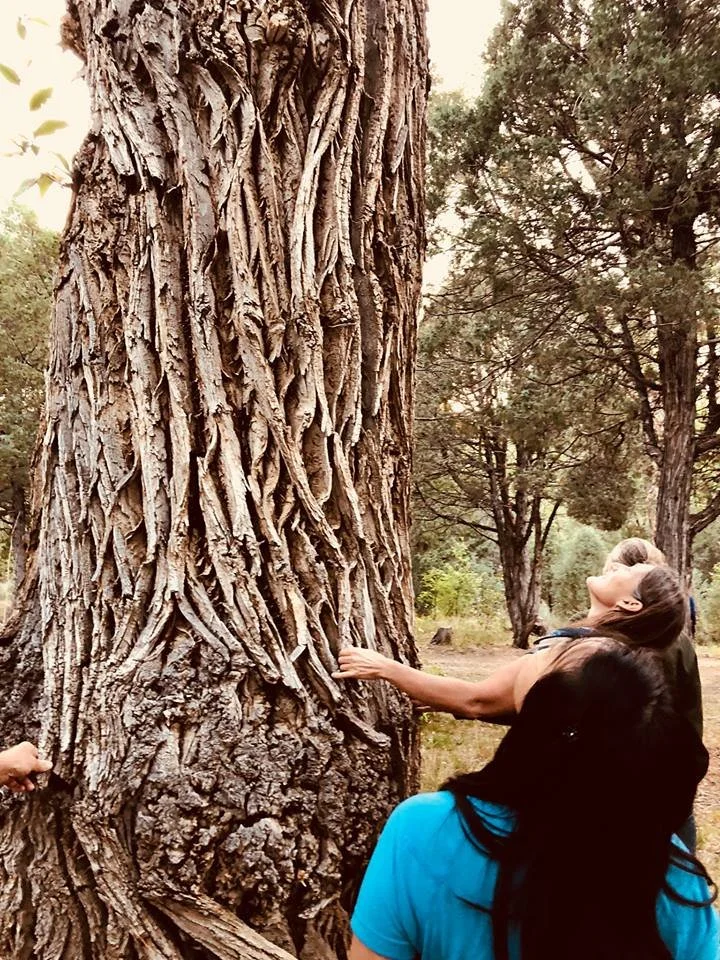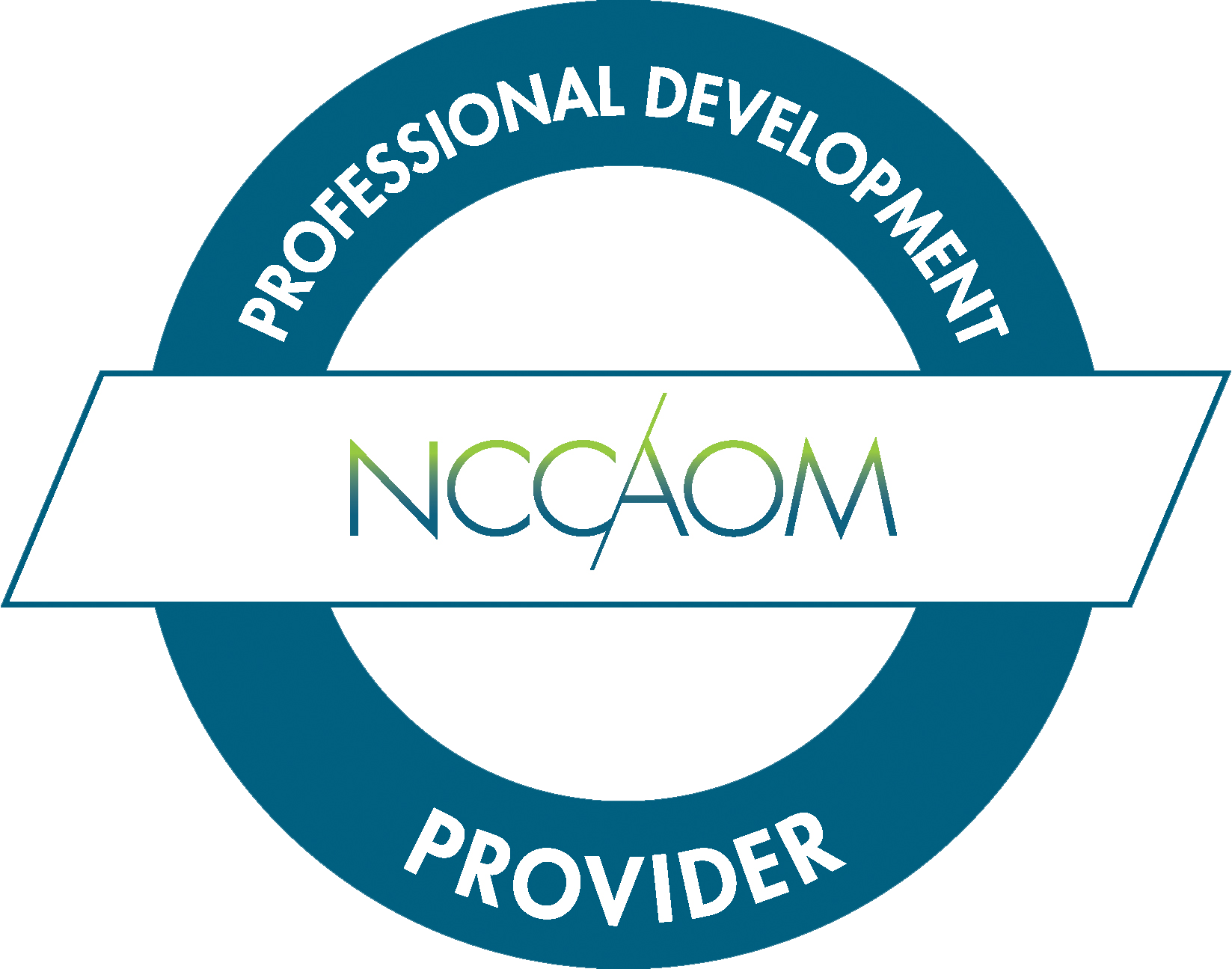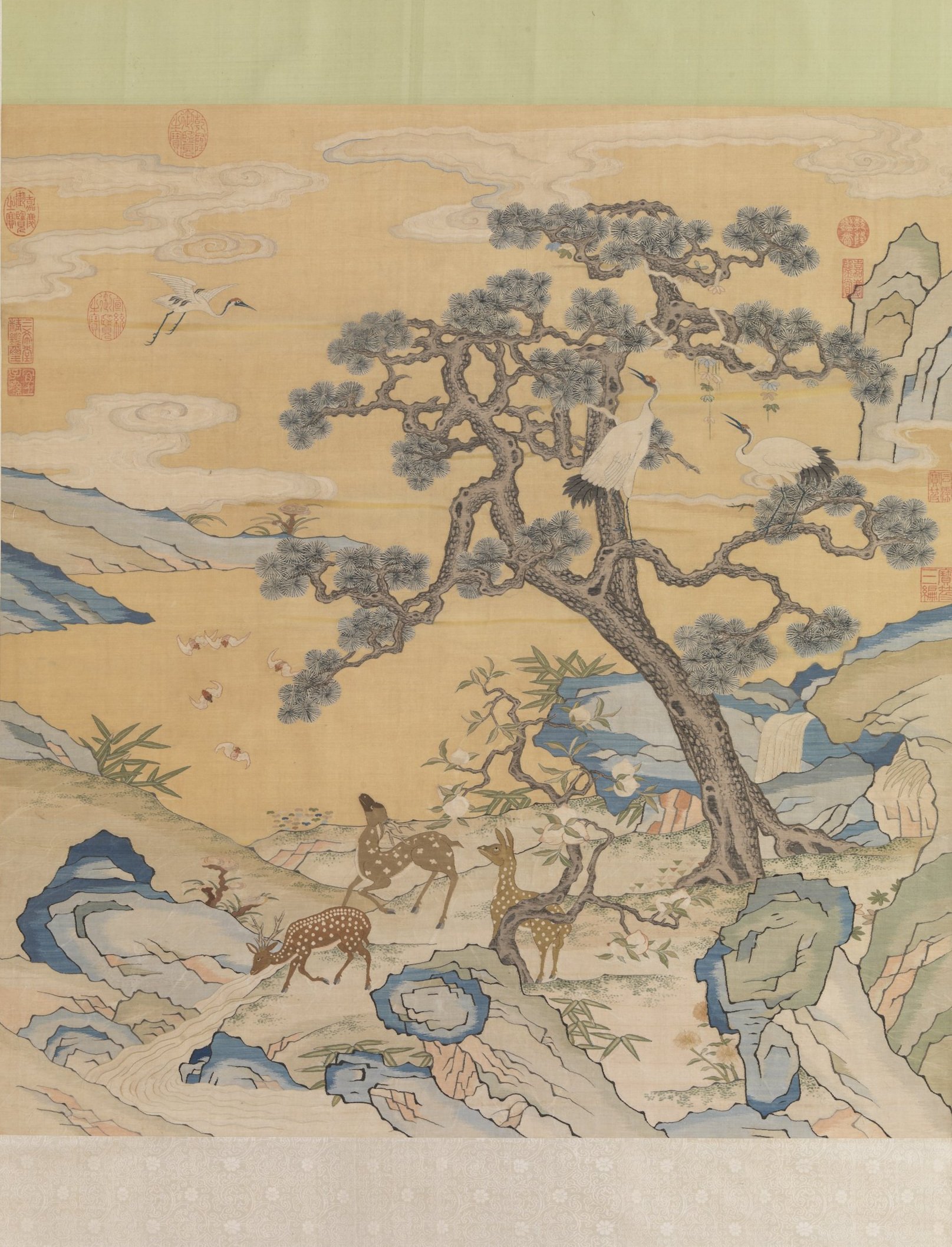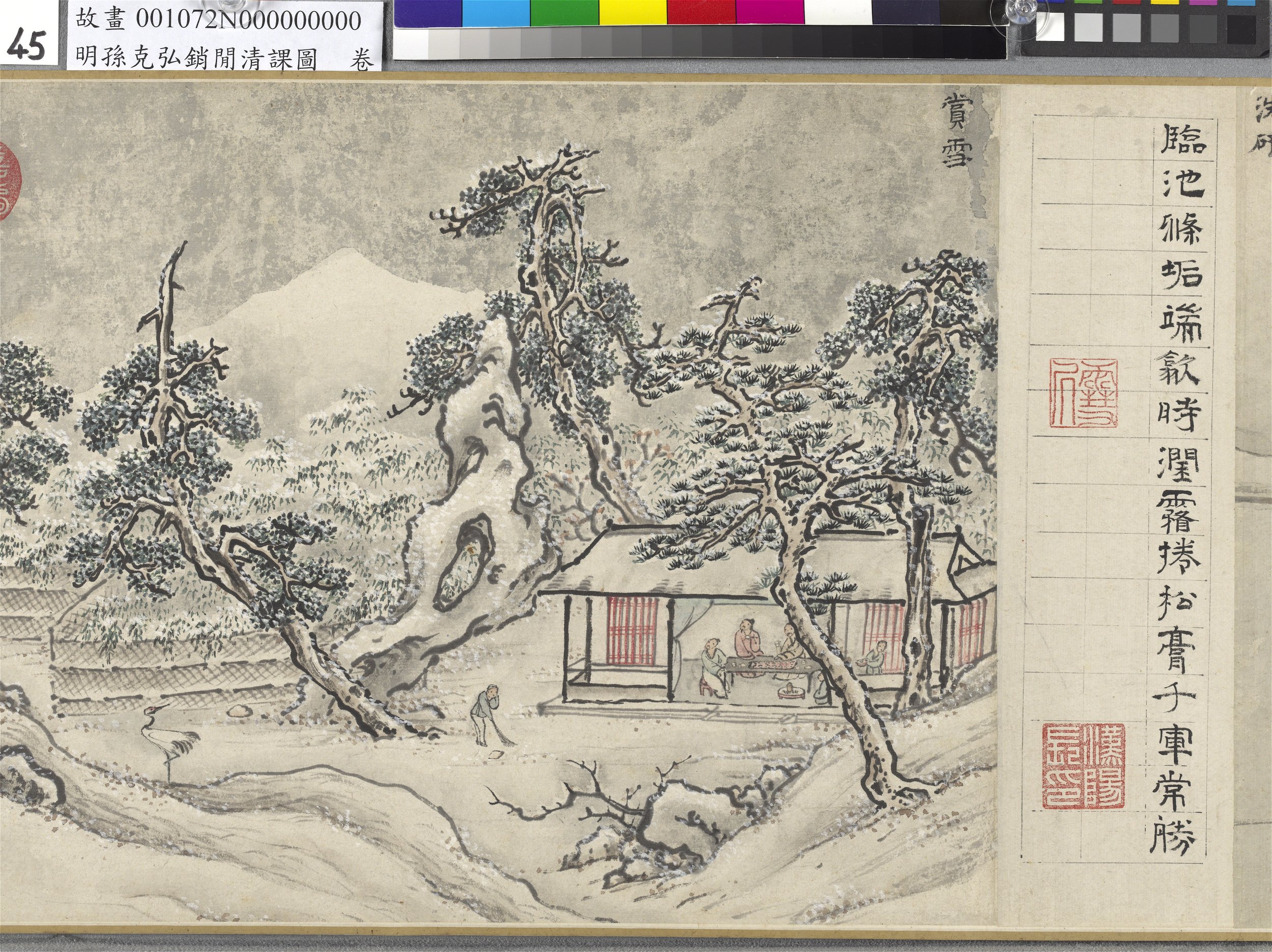
The Triple Crown
A 2-year three-level training program for reading classical Chinese medical literature
Next cohort starting September 2027!
Next cohort starting September 2027!
2 years, 35 lessons, 87 CEUs, 35 hours of pre-recorded lectures, 57 hours of live teaching, countless hours of individual feedback on homework and unlimited answers by Dr. Wilms, intimate cohort and community connection, 24 text readings with an international group of expert scholars, translators, and clinicians, and so much more…
NOTE: For 2025, a second cohort has been created that meets on Wednesdays, the day prior to the regular Thursday morning time, at 4 pm Pacific Time, to accommodate participants from Asia and other time zones! Whether that will be an option for 2027 will depend on interest…
Available discounts:
early bird sign-ups and payment in full…
10% “bring a friend” discount (for both you and your friend)
33% or 66% discount for returning students or graduates of other programs
What is the Triple Crown Program?
The Triple Crown is a three-level program designed and taught by Dr. Sabine Wilms, to transmit the art of reading traditional Chinese medical literature in the original Chinese. Offered as three consecutive courses or a single program, we start every other year in mid September with “Foundations,” followed by the “Diamond Core” in March of the following year, and the “Medical Medley” the next September. We meet on Zoom on Thursdays at 9-10:30 am Pacific (Seattle) Time, with alternate times TBD. Scroll down to the bottom of this page for 2025-2027course dates.
Level I: Foundations
I cover the basic grammar of classical Chinese, because this is the single most important piece missing for so many practitioners trying to read classical Chinese texts. The deep philosophical content of the text selections and my love for this material are sure to inspire and transform you!
$1900
14 lessons and 4 text readings (34 PDAs, including 3 Ethics)
Textbook: Brian Van Norden, Classical Chinese for Everyone
Start: September 11, 2025
Level II: Diamond Core
The second level is the toughest, as we tackle more advanced historical texts with the help of a graduate-level text book. But I am here to lend you a hand and pull you up the mountain with extensive feedback and personal encouragement. Together, we can complete this steep climb.
$1300
9 lessons and 5 text readings (21.5 PDAs, including 3 Ethics)
Textbook: Michael Fuller, Introduction to Literary Chinese
Start: March 12, 2026
Level III: Medical Medley
My last course is your reward, the dance in the candy store of Chinese medical literature. Based on my unique and time-tested curriculum, you get to apply your new skills to an exciting diverse selection of medical texts, from classical theory to materia medica, formulas, case studies, self-cultivation, etc. I can’t wait to get you here!
$2200
12 lessons and 5 text readings (31.5 PDAs)
Textbook: Sabine Wilms, Medical Medley
Start: September 10, 2026
What you receive…
-
Each lesson starts with a formal recorded 1-hour lecture and detailed homework packet with a variety of activities. Your learning is supported by asynchronous discussion on our members-only forum, detailed individual feedback on your work, and a live 1.5-hr discussion on Zoom.
-
In a private platform, you post your translations; receive my gentle yet detailed individual critiques; share questions, comments, and tips; and access all ZOOM events and recordings, as well as a library of resources, at your fingertips for the duration of the course.
-
NCCAOM-certified CEUs are based on the hours of class time (and include three Ethics PDAs for the Foundation and Diamond Core levels).Successful graduation of each level also entitles you to internationally recognized Certificates of Completion.
-
The magic sauce that makes my courses special is YOU, the amazing students who sign up for this journey. I am eternally humbled by the quality of participants from all over the world who find their way to my program. For each cohort, I carefully select only a small group of dedicated participants.
-
As an additional learning opportunity, you can join Dr. Wilms’ monthly text readings where you will be inspired by the work of graduates from previous years and international expert scholars and clinicians. You will also form professional connections with translators from all over the world and get expert inside tips on translation and sinological research, to prepare you for independent translation work after you graduate.
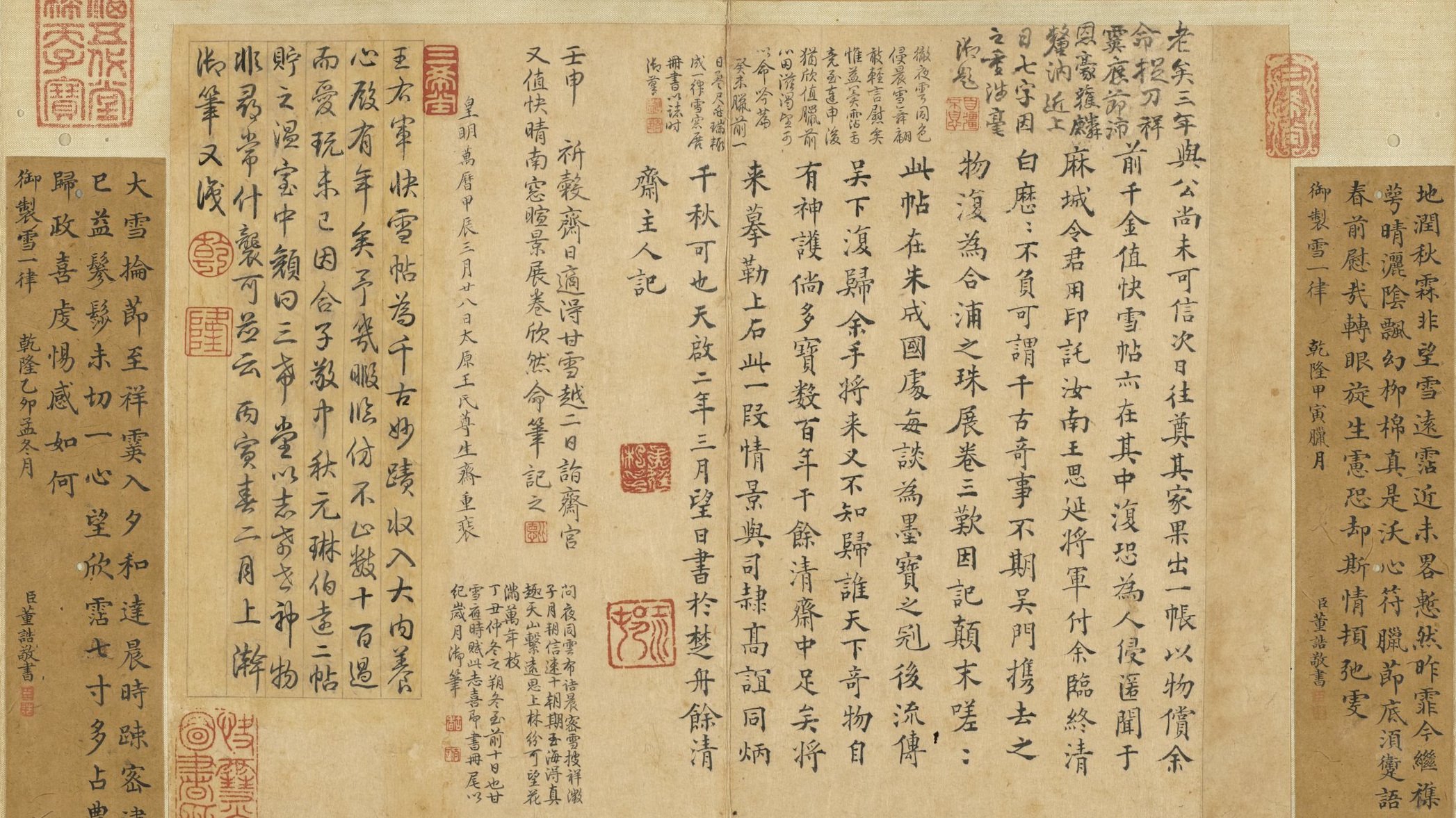
Ready to jump in?
Not to worry: While I do have stringent entry and graduation requirements, there is zero competitiveness going on in my courses! Yes, I ask a lot in terms of homework, time commitment, and consistent, active participation in live and online discussions where we critique each other’s translations, but we all support each other!
First step: Fill out the survey below so we can decide together whether you might be a good fit and where to place you.
What you should bring…
-
I require some pre-existing Chinese background, or a willingness to make up for it with hard work. Basic pinyin, brush strokes, Wiseman’s 100 basic characters… For total beginners, let’s have a conversation after you fill out the admissions survey to see if we can make this work.
-
Depending on your background, you will need a couple of hours per lesson for homework: writing and memorizing characters, understanding grammar, working on the translations, and participating in the forum. This is in addition to the 1 hr of prerecorded lecture and 1.5 hr of live discussion.
-
This speaks for itself. Learning classical Chinese is not a skill to be “mastered” in one year, or even ten. Like medicine, it is the life-long refinement of an art that only gets better over years of practice. We all must learn from and with each other.
-
To participate in this training program, you have to have a stable internet connection. You have to attend live ZOOM meetings, navigate a user-friendly platform, download the weekly homework, watch the recordings, participate in the online discussion forum, and upload your completed work. I take great pride in the elegant user-friendly set-up of my course and am always available to help but you do need a stable internet connection and decent computer.
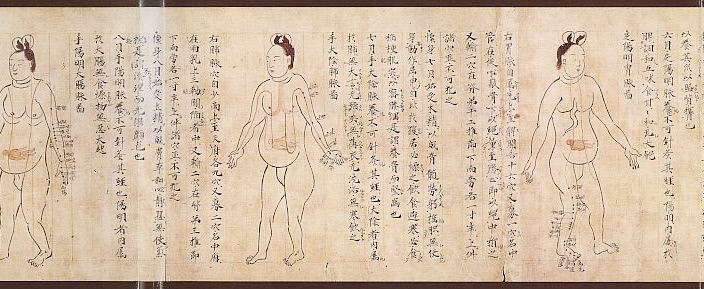
Ready for the Triple Crown?
Foundations 2025-2026
September 11
Orientation
Introductory discussion
September 18
Lesson 1
Analects 17.2
October 2
Lesson 2
Analects 12.11
October 30
Pacific Symposium and Halloween Break!
November 6
Lesson 5
Analects 12.11 and 6.20
November 20
Textreading
December 18
Textreading
December 25 and January 1
Winter Break!
January 22, 2026
Textreading
February 19
Term Break!
October 9
Lesson 3
Analects 12.22, 4.2, 6.24
October 16
Lesson 4
Analects 2.17, Daodejing 33
October 23
Textreading
November 13
Lesson 6
Daodejing 1, Analects 5.1
December 11
Lesson 8
Analects 15.3, 15.24, 4.15
January 29, 2026
Lesson 11
poetry 李白
February 26
Textreading
December 4
Lesson 7
Analects 8.7 and 4.5
January 8, 2026
Lesson 9
Analects 5.13, Zhu Xi
February 5
Lesson 12
Mengzi 2A6 and 7B3
September 25
Textreading
November 27
Thanksgiving Break!
January 15, 2026
Lesson 10
Zhuangzi 魚之樂
February 12
Lesson 13
Zhuangzi 蝴蝶之夢
Diamond Core 2026
March 12
Orientation
Introductory discussion and review
March 19
Lesson 1: 困學
Nominal and verbal sentences
April 9
Study Break
April 2
Lesson 2: 宋國富人
Parts of Speech
April 23
Textreading
May 28
Textreading
June 25
Textreading
May 14
Study Break
June 4
Lesson 7: 狐假虎威
Coverbs
April 16
Lesson 3: 守株待兔
Coordinate Verbs
May 7
Lesson 5: 矛盾
Negatives
June 18
Lesson 8: 揠苗
Embedded sentences
April 30
Lesson 4: 刻舟求劍
Nominalization
May 21
Lesson 6: 楊布
Pivot and Auxiliary Verbs
June 11
Study Break
March 26
Textreading
Medical Medley 2026-2027
September 10
Orientation
Introductory discussion and review
September 17
Lesson 1
《素文》 8
October 1
Lesson 2
《金匱要略》
October 8
Study Break
October 15
Lesson 3: 《莊子》
(Butcher Ding’s teachings on 養生)
October 29
Lesson 4:
《神農本草經》
December 3
Lesson 6
《難經》 selections
December 24 and 31
Winter Break
(no textreading in December)
January 28
Textreading
November 5
Study Break
November 26
Study Break
(Turkey Day in the US)
January 7
Lesson 8
Case Studies: 《史記》etc.
February 4
Lesson 10
《女科百問》
March 11 and 18
Study Break
February 25
Textreading
October 22
Textreading
November 19
Textreading
December 17
Lesson 7
管子 《內業》
January 14
Study Break
January 21
Lesson 9
《靈樞》 1 and 3
February 18
Lesson 11
《靈樞》 8
March 25
Textreading
November 12
Lesson 5
孫思邈 on 鬼穴
December 10
Study Break
February 11
Study Break
March 4
Lesson 12
《素文》 5
September 24
Textreading
Questions?
Contact me!
Or fill out the no-obligation admissions survey and I’ll advise you…
